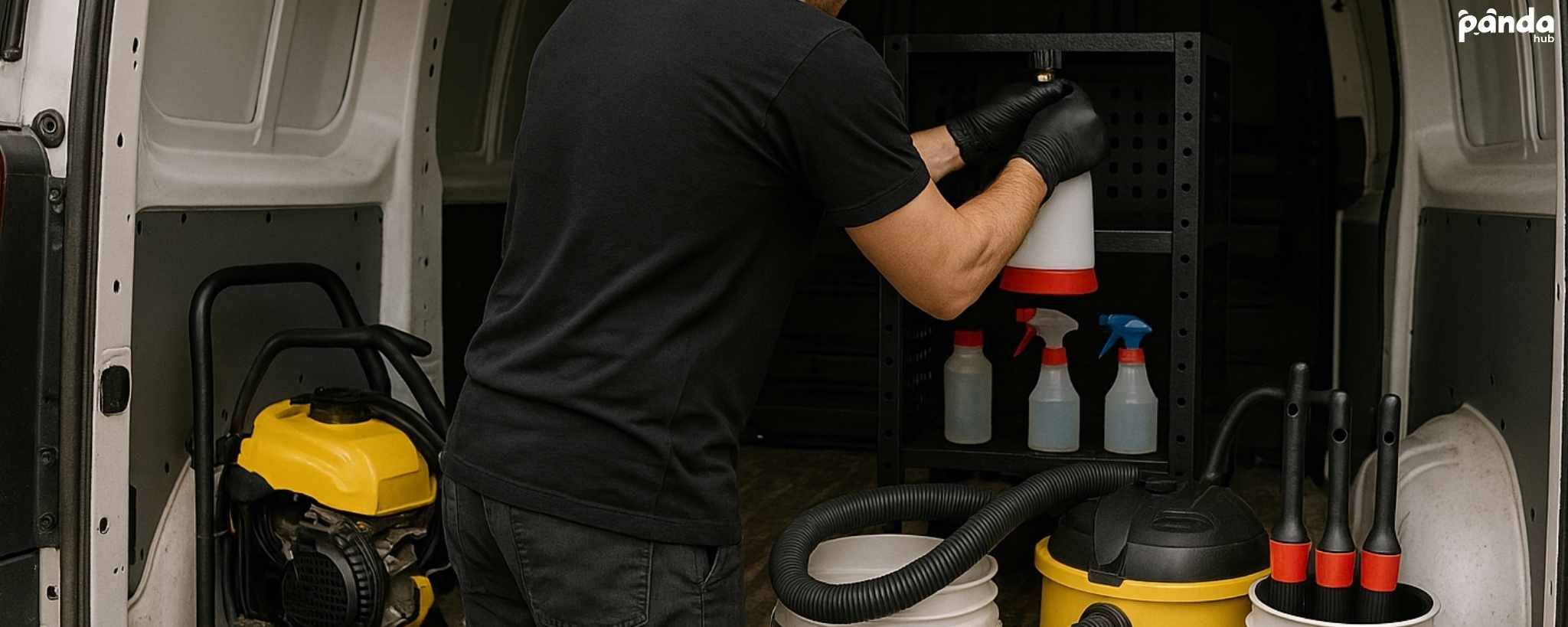
Mobile Car Detailing Setup Under $500! | Tips for Beginners
Here's how to setup a mobile detailing van with as little as $500 in 2025! High-quality tools and products with the minimum cost for beginners!
5 mins to read.
Save 10% on your first Mobile Car Detailing!
Discover the latest in our blog, where insights meet inspiration. Dive into a diverse range of topics, from industry trends to behind-the-scenes stories. Panda Blog is your go-to source for valuable content, expert advice, and engaging reads.

Most popular
See all
See all
See all